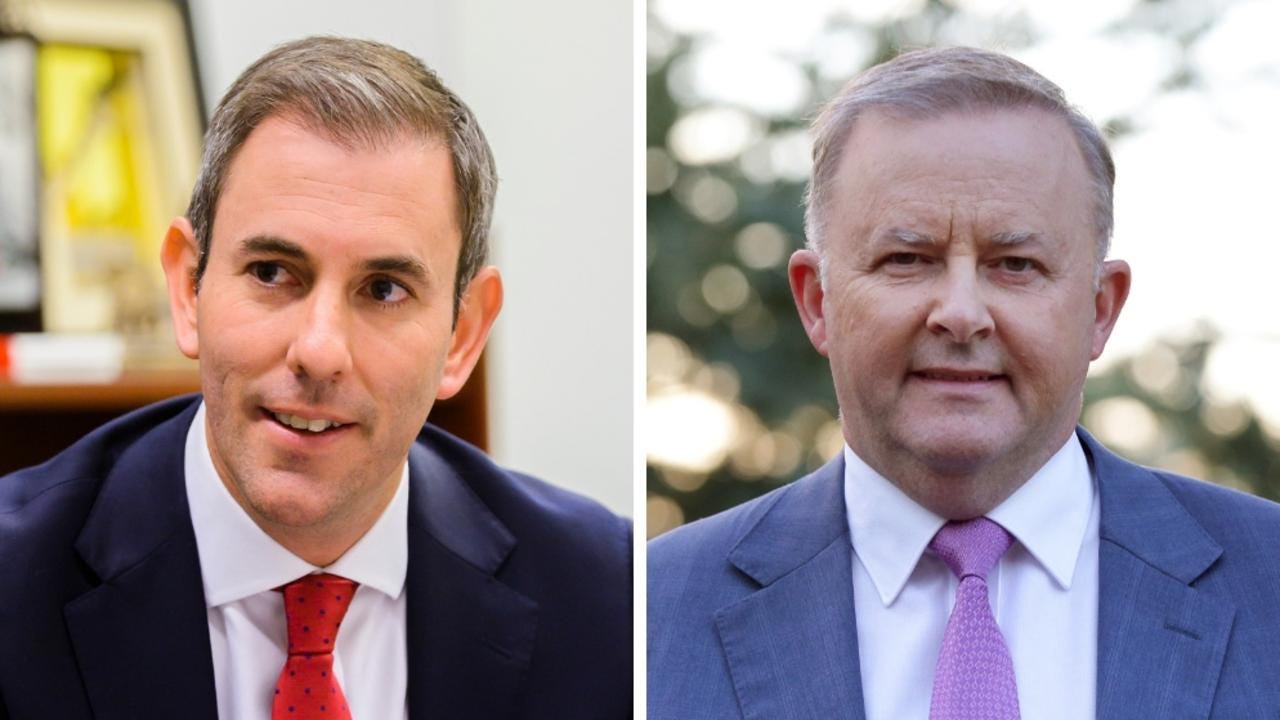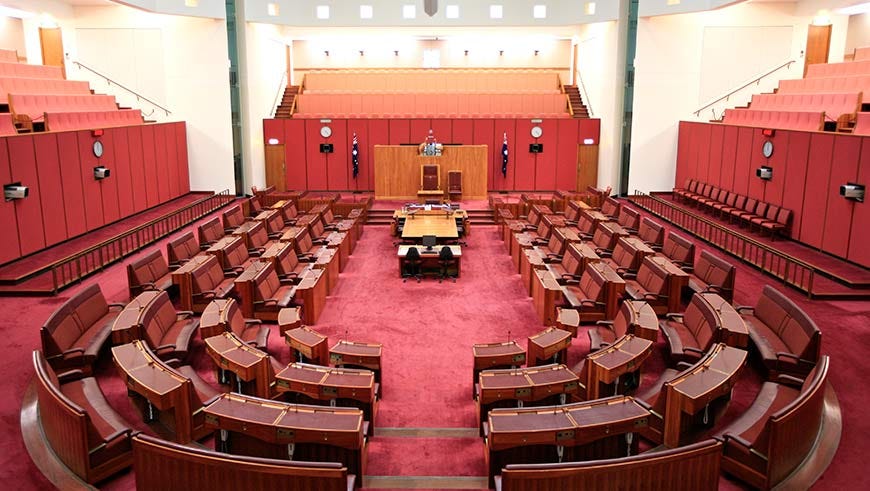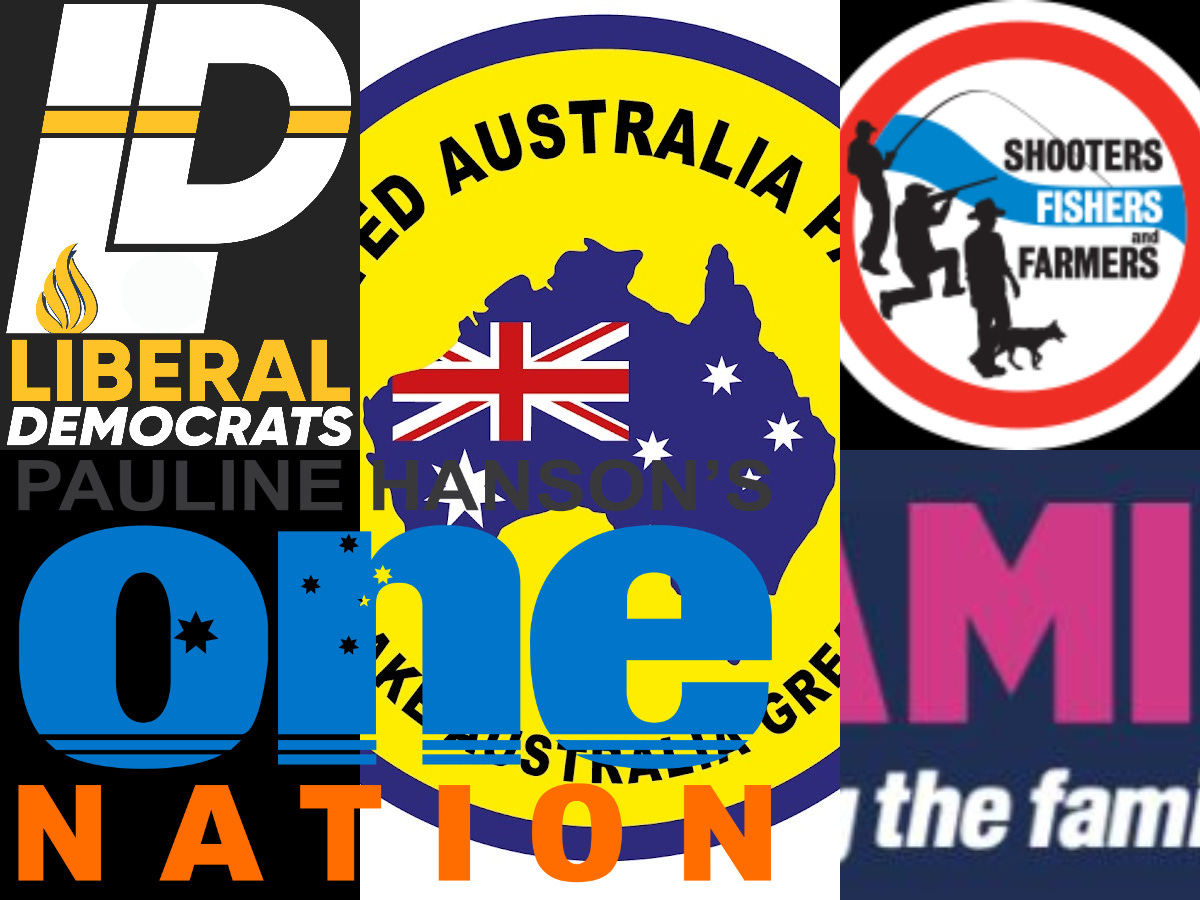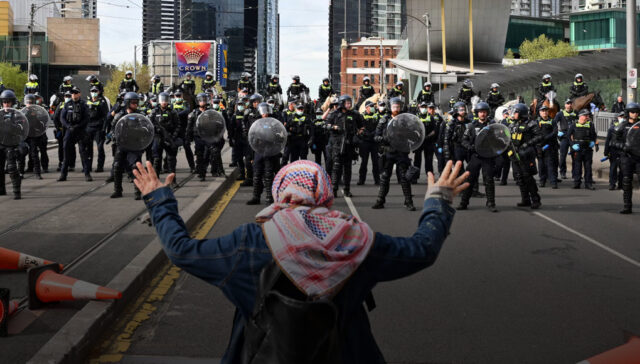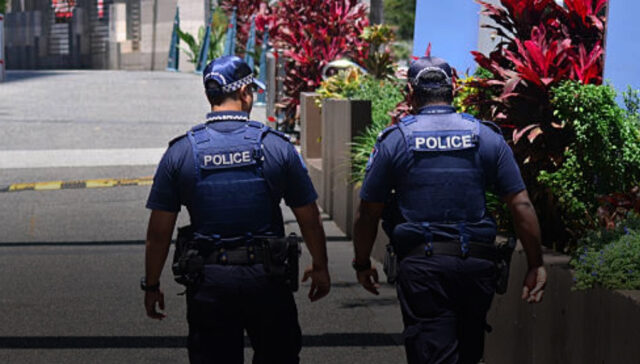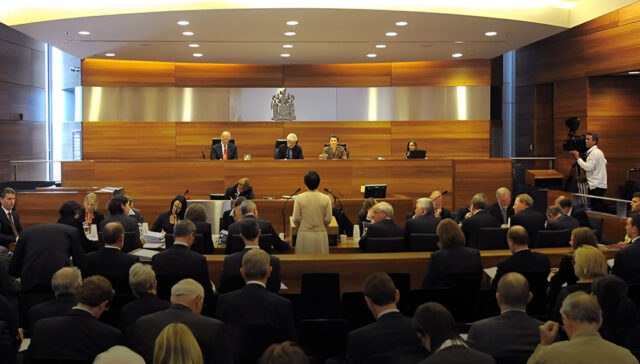Stunning Early Victorian Election Prediction
To be clear, I don’t know who’s going to win the Victorian election later tonight, 26 November 2022.
How can I or any of us?
However, I’m going to make a prediction as I write this at 3:20pm ACDT 26 November 2022, and have the prediction published just minutes before the polls have closed so you know I’ve not had any input from the counting of the votes. There’s my accountability, dear reader, to you.
Labor will win!
If my prediction is wrong, take all future predictions from me with a grain of salt. Throw tomatoes and rotten eggs at me. I’ll deserve it.
Right now, I’m quietly confident in making this prediction, however ghastly it may be.
And here is my reasoning. Hear it through …
Heavens know, Dan Andrews and the Labor Government he leads in Victoria has been revolting.
Who can forget the litany of failures …

Rubber bullets in the back, pregnant woman arrested in her pyjamas for a Facebook post, the world’s longest lockdown, businesses crushed, women and children manhandled for not wearing masks, family nest-eggs shattered, MPs arrested and denied access to their democratically elected seat in Parliament House itself, elderly citizens having their pelvis fractured as they are slammed to the ground by overzealous police, churches ordered to close at the point of police intrusion into sacred spaces, and a once vibrant city – the envy of the world – hollowed of its sparkle.
There will be a long-tail to this shocking overreach. Early figures are indicating that the rates of men aged 18 to 44 presenting with myocarditis, a long-term heart condition, have doubled. Yes, 2X. Men in their prime, cut low.
Most devastating to the soul was the sight of a young man, hitherto mentally healthy, taking his own life on a Melbourne street by setting himself ablaze whilst in the grip of a lockdown-induced depression. The depravity of this Government’s policies is chilling.
Free people have a right to be free. Free people have a God-given right to practise their religion. It’s part of our Christian-informed civil libertarian culture. And our Faith gives us Grace. It’s who we are. It’s how we cope with a world of sin.
And Dan Andrews failed as a standard bearer of those freedoms.
Why then do I predict this tyrant will be returned to office?
Why do I put my predictive reputation on the line and call the election for Labor even before the polls have closed?
The answer is that people don’t vote for “anyone would be better than” candidate X.
Our good citizens require an informed choice, a differentiation upon which they can decide.
And I’m afraid to say it but the Liberal Party’s leader, Matthew Guy, has failed to differentiate his Party.
How could he?
He’s limp, insipid, hardly the embodiment of inspiration and action!
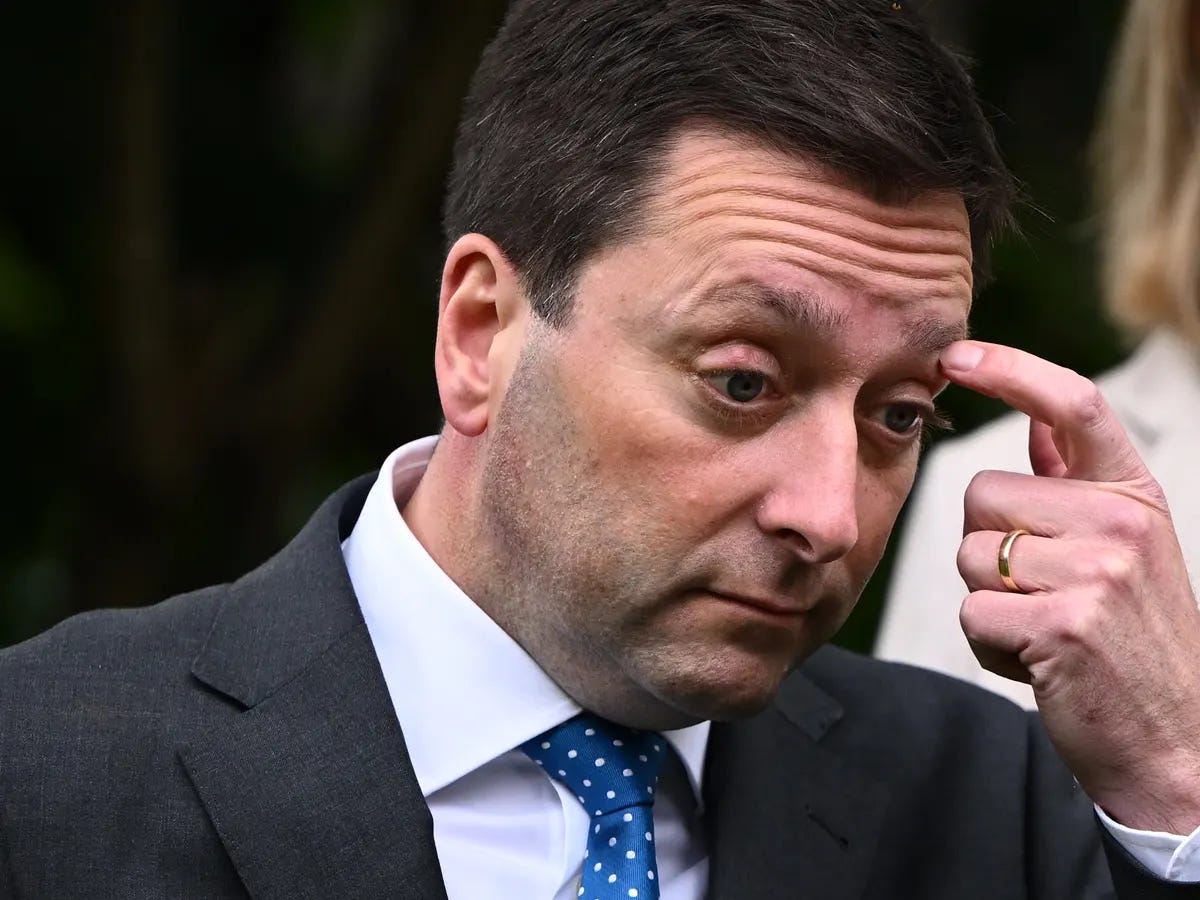
Beyond the personal characteristics of the leader, the seeds of the Liberal Party’s failure in this election were planted in 2020. Throughout the entirety of the covid pandemic, if that’s what it was and is, the Liberal Party played a small target, Labor-lite game.
The Liberal Party could have weighed multiple harms to the community of Labor’s draconian covid measures, things like job loss, depression and endless racking-up the State debt for future generations to absorb, instead of robotically following bureaucratic health advice to the exclusion of all other considerations.
Liberal MPs didn’t. That would take differentiation, a knowledge of John Stuart Mill, the fortitude to use the minds our Lord gave them, and the courage to avoid groupthink.
The Liberal Party could have heeded the warnings of the worst civil liberty abuses in 100 years, passionately articulated in the Victorian Bar Association’s extraordinary and unprecedented open letter from sixty-four Queens Counsel.
Liberal MPs didn’t. That would take differentiation through a bedrock of principles.
The Liberal Party could have rallied the churches, giving cover and much needed support to pastors and priests throughout the State, stunned that worshipers were to have doors slammed in their faces.
Liberal MPs didn’t. They aren’t Christians, most of them. That would take differentiation through Faith.
At every opportunity, the Liberal Party Opposition Leader has looked politically anemic. You don’t win by hedging. You don’t win by staying small. You don’t win by cloning yourself using a tyrant as the mould.
You win by standing for something. You win by inspiring people for a better tomorrow. You win by giving people hope. You win by serving others in practical, helpful ways. You win by differentiating yourself from the tyrant.
None of this was done by Matthew Guy and his Liberal Party in Victoria.
I therefore don’t need to watch the election coverage tonight.
Labor will be returned.
Lack of differentiation and beliefs will be the reason.
Pray for the people of Victoria.
And if my prediction is wrong, pray for the people of Victoria anyway.




